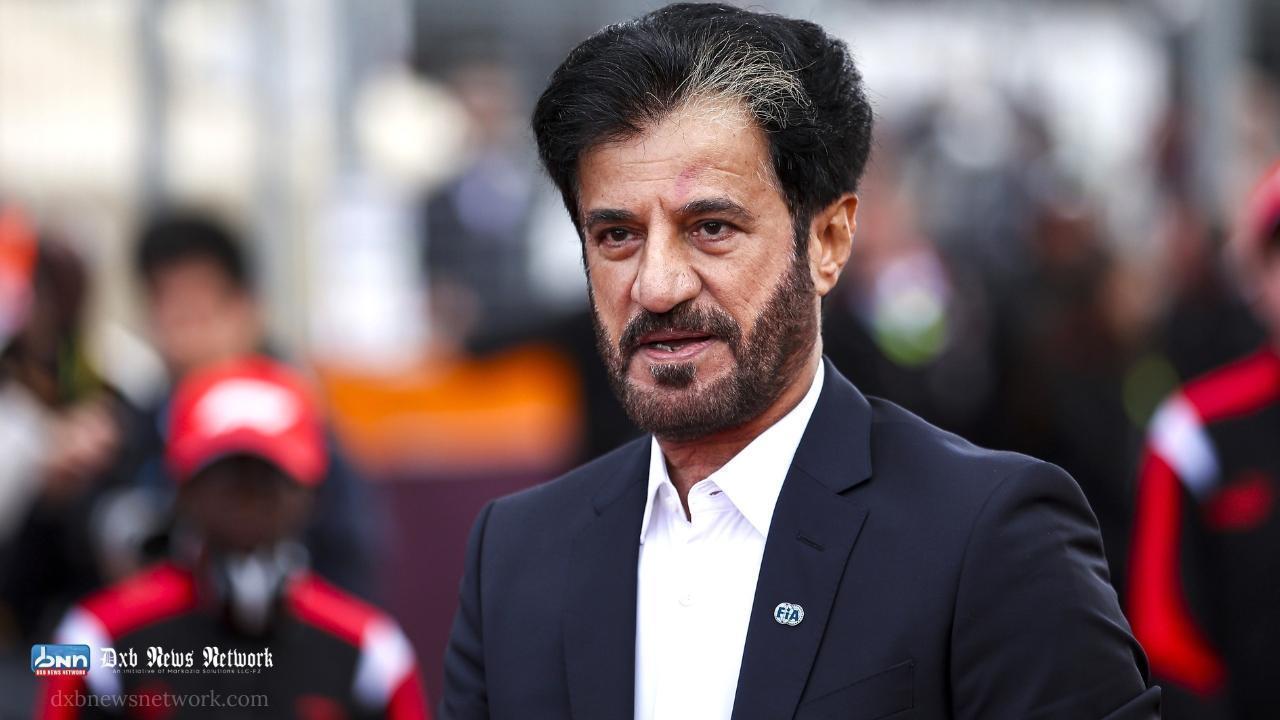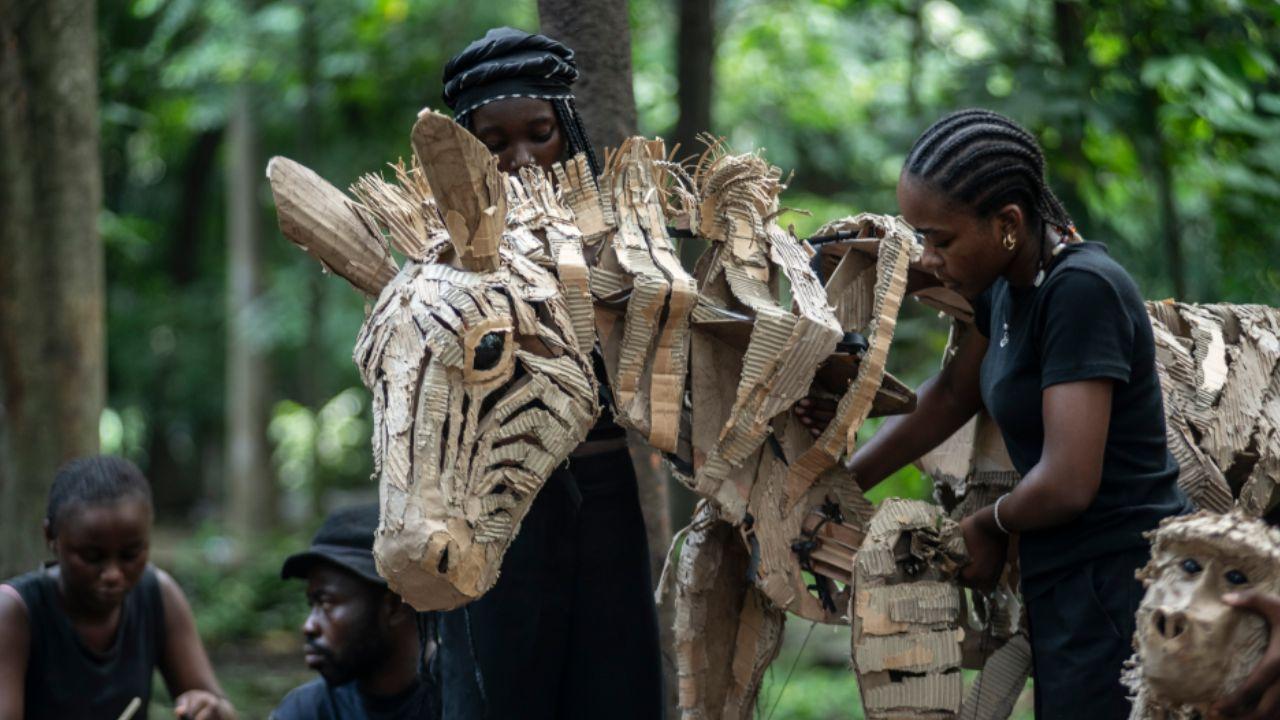
Post by: Vansh Kumar
History is much more than dates and facts; it is a reflection of the forces that have shaped the world. Understanding key historical events every student should know provides insights into how past events influence the present and future. These events are essential in helping students grasp the evolution of human society, from ancient civilizations to modern revolutions. In this article, we will explore several of these pivotal moments that every student should be familiar with to better appreciate the world’s complex history.
The story of ancient civilizations is crucial for understanding the origins of modern society. Key historical events every student should know include the rise and fall of civilizations like ancient Egypt and Rome. Ancient Egypt, known for its monumental achievements in architecture and governance, created a society that centered around the pharaohs and their divine rule. The construction of the pyramids and the establishment of a centralized government are just a few aspects of this remarkable civilization that have had a lasting impact on history. Similarly, the Roman Empire, which expanded across Europe, North Africa, and the Middle East, contributed significantly to the political and legal systems that continue to influence the modern world. Rome’s advancements in law, infrastructure, and governance set the foundation for many Western institutions that still exist today.
The concept of democracy was born in ancient Athens, and it is one of the most important key historical events every student should know. Around the 5th century BCE, the Athenians introduced a system where free male citizens could directly participate in decision-making, a radical idea for its time. This early form of democracy allowed citizens to vote on laws and government officials, a concept that would inspire future democratic systems. Though this version of democracy was limited to a small portion of the population, it served as the foundation for later democratic developments in Europe and the United States, shaping the political systems that are central to many nations today.
The fall of Constantinople in 1453 is another significant key historical event every student should know. The city, once a thriving cultural and economic hub of the Byzantine Empire, was captured by the Ottoman Empire after a lengthy siege. This event marked the end of the Byzantine Empire, which had stood for over a thousand years, and the rise of the Ottoman Empire as a dominant power in Europe and Asia. The fall of Constantinople had far-reaching consequences, not only for the region but for Europe as a whole. It forced European nations to seek new trade routes, leading to the Age of Exploration and the eventual discovery of the Americas by Christopher Columbus in 1492. The fall of Constantinople set the stage for the significant political and cultural shifts that followed in European history.
The Age of Enlightenment, which spanned the 17th and 18th centuries, was a period of intellectual and philosophical awakening that transformed Europe and the world. During this time, thinkers like John Locke, Voltaire, and Jean-Jacques Rousseau challenged traditional authority and advocated for reason, individual rights, and social progress. The ideas born during the Enlightenment laid the groundwork for political revolutions, most notably the American Revolution and the French Revolution, which would radically change the political landscape of the Western world. Enlightenment thinkers emphasized the importance of education, liberty, and the pursuit of happiness, ideas that continue to shape democratic societies today.
The Industrial Revolution was one of the most transformative key historical events every student should know. Beginning in the late 18th century, this period marked a dramatic shift from agrarian economies to industrialized societies. Technological innovations, such as the steam engine, the spinning jenny, and the power loom, revolutionized the manufacturing process, leading to the rise of factories and urbanization. The Industrial Revolution not only increased production but also created new economic systems, such as capitalism, and changed the social fabric of nations. It also paved the way for the growth of global trade, the expansion of colonial empires, and the development of modern industry.
The American Revolution and the French Revolution are two monumental events that reshaped the political landscape of the world and are key historical events every student should know. The American Revolution, which occurred between 1775 and 1783, led to the creation of the United States and the establishment of democratic principles. The formation of the U.S. Constitution, inspired by Enlightenment ideas, created a system of government based on the protection of individual rights and freedoms. On the other hand, the French Revolution, which began in 1789, overthrew the French monarchy, abolished the feudal system, and introduced radical ideas of liberty, equality, and fraternity. Both revolutions were instrumental in spreading democratic ideals and challenging autocratic regimes across the globe, setting the stage for future movements advocating for freedom and equality.
The two World Wars of the 20th century are undoubtedly key historical events every student should know, as they shaped the modern world in profound ways. World War I (1914-1918) was a devastating conflict that led to the downfall of empires such as Austria-Hungary, the Russian Empire, and the Ottoman Empire. The war also resulted in significant political and social changes across Europe and the Middle East. The Treaty of Versailles, which ended World War I, created conditions that would eventually lead to World War II. World War II (1939-1945) was even more catastrophic, involving many nations across the globe and leading to the defeat of Nazi Germany and Imperial Japan. The war not only led to the establishment of the United Nations but also brought about major changes in the global balance of power. It highlighted the importance of human rights, especially with the horrors of the Holocaust, and set the stage for the Cold War between the United States and the Soviet Union.
The Civil Rights Movement in the United States is another pivotal event that students must understand to grasp the fight for racial equality and justice. Beginning in the mid-20th century, the movement sought to end racial segregation and secure equal rights for African Americans. Led by figures like Martin Luther King Jr., Rosa Parks, and Malcolm X, the movement achieved major legislative victories, such as the Civil Rights Act of 1964 and the Voting Rights Act of 1965. The Civil Rights Movement not only transformed American society but also served as an inspiration for similar social justice movements worldwide. It demonstrated the power of peaceful protest and the importance of standing up for equality and human dignity.
The fall of the Berlin Wall in 1989 is one of the most iconic moments in modern history and a key historical event every student should know. The Berlin Wall, which had divided East and West Germany since 1961, symbolized the ideological divide between the communist East and the capitalist West during the Cold War. Its fall marked the end of the Cold War and the reunification of Germany, as well as the collapse of the Soviet Union in 1991. The fall of the Berlin Wall also represented the triumph of democracy over authoritarianism and signified the spreading of democratic ideals across Eastern Europe.
This article delves into the most important historical events that every student should study to understand the world's past and its impact on the present. From ancient civilizations to modern revolutions, these key events shaped societies, cultures, and the global landscape. Students who explore these events gain insight into the evolution of governance, technology, social movements, and conflicts. Some of the pivotal moments highlighted include the rise and fall of empires, the industrial revolution, world wars, and significant political shifts. By studying these events, students gain a deeper appreciation for the lessons history offers, shaping their understanding of the complexities of modern life.
Disclaimer: The information provided in this article is intended for general informational purposes only. The views expressed are those of the author and do not necessarily reflect the views of DXB News Network. While every effort has been made to ensure the accuracy of the content, we recommend verifying the details with reliable sources before making any decisions based on the information provided.
#trending #latest #History #ImportantHistoricalEvents #StudentStudy #KeyHistoricalMoments #WorldHistory #HistoryMatters #LearnHistory #EducationalContent #HistoricalEvents #GlobalHistory #breakingnews #worldnews #headlines #topstories #globalUpdate #dxbnewsnetwork #dxbnews #dxbdnn #dxbnewsnetworkdnn #bestnewschanneldubai #bestnewschannelUAE #bestnewschannelabudhabi #bestnewschannelajman #bestnewschannelofdubai #popularnewschanneldubai

Discover how AI can spark new ideas and drive business innovation...Read More.

DIFC to host Dubai FinTech Summit on May 12-13, 2025, with 8,000+ guests, 300 speakers, 1,000+ investors, and global leaders in finance and tech...Read More.














Rizwan Says English Isn’t a Must, Only Cricket Matters
Mohammad Rizwan proudly says he’s not ashamed of poor English. For him, playing cricket for Pakistan

Nightclub Roof Collapse in DR: Death Toll Hits 226
226 dead in Dominican nightclub collapse; nation mourns as families seek answers

Middle East’s Growing Influence in Formula 1 Recognized by FIA President Mohammed Ben Sulayem
Middle East’s Growing Influence in Formula 1 Recognized by FIA President Mohammed Ben Sulayem

'The Herds' starts journey from Africa to the Arctic Circle
‘The Herds,’ a cardboard animal show, starts in Congo to show how climate change pushes nature away.

Millie Bobby Brown explores Dubai in new campaign
Millie Bobby Brown stars in a fun Dubai film with Jake Bongiovi, sharing her journey through city st